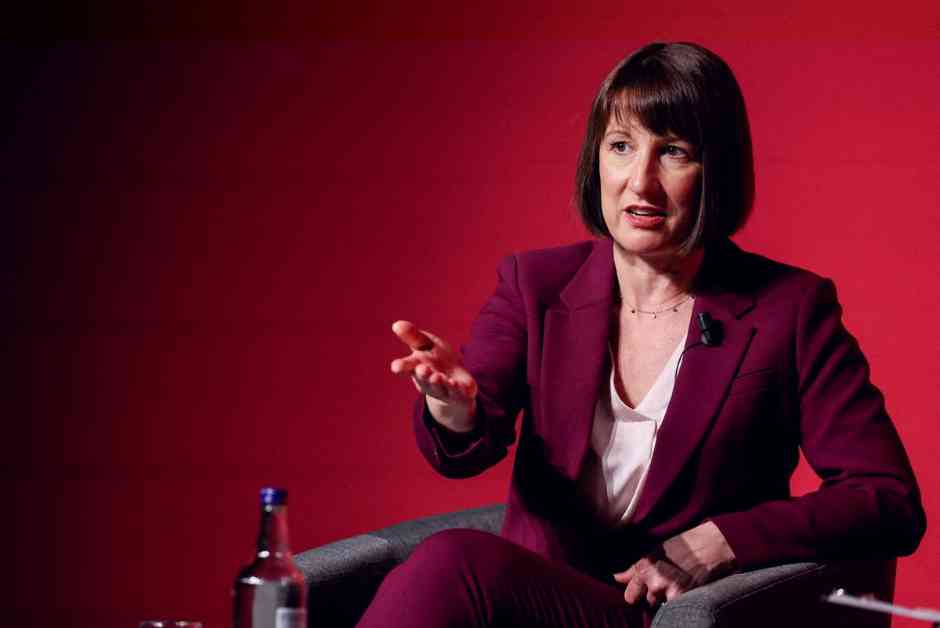Chancellor Rachel Reeves is reportedly planning to end a temporary 5p cut in fuel duty in her upcoming Budget announcement. This decision is believed to take effect from next year, according to sources familiar with the chancellor’s thinking. Additionally, the Treasury department has advised Ms. Reeves to put an end to the 13-year freeze on fuel duty.
The Campaign for Better Transport estimates that reversing the 5p cut and reintroducing annual inflation-linked increases could potentially generate £4.2bn in revenue for the Treasury. However, motoring groups have raised concerns that such a move could have catastrophic effects for many individuals. More than 70 Tory MPs have even written a letter to the chancellor expressing their worries that any increase in fuel duty would hinder economic growth and add an extra £160 to families’ annual fuel costs.
The initial 5p cut was implemented in 2022 in response to the surge in energy prices caused by Russia’s invasion of Ukraine. Since then, successive chancellors have maintained this cut. Currently, fuel duty is set at 52.95p per litre for petrol and diesel, with the intention for it to rise annually in line with inflation. However, the duty has essentially been frozen since 2011 as chancellors aimed to gain favor with drivers.
In the previous budget released in March under the previous Conservative government, the cancellation of the scheduled fuel duty rise cost around £3bn for the year 2024-25. The Road Haulage Association (RHA) has urged Chancellor Reeves to retain the current freeze, highlighting that businesses are already struggling with tight profit margins. Richard Smith, the managing director of RHA, emphasized that a fuel duty increase would be disastrous for many companies, especially small and medium enterprises.
A Treasury spokesperson has refrained from commenting on any speculation regarding tax changes outside of fiscal events. The decision on whether to end the temporary fuel duty cut and freeze will have significant implications for motorists, businesses, and the overall economy. As the debate continues, it remains to be seen how Chancellor Rachel Reeves will navigate this challenging issue in her upcoming Budget announcement.












